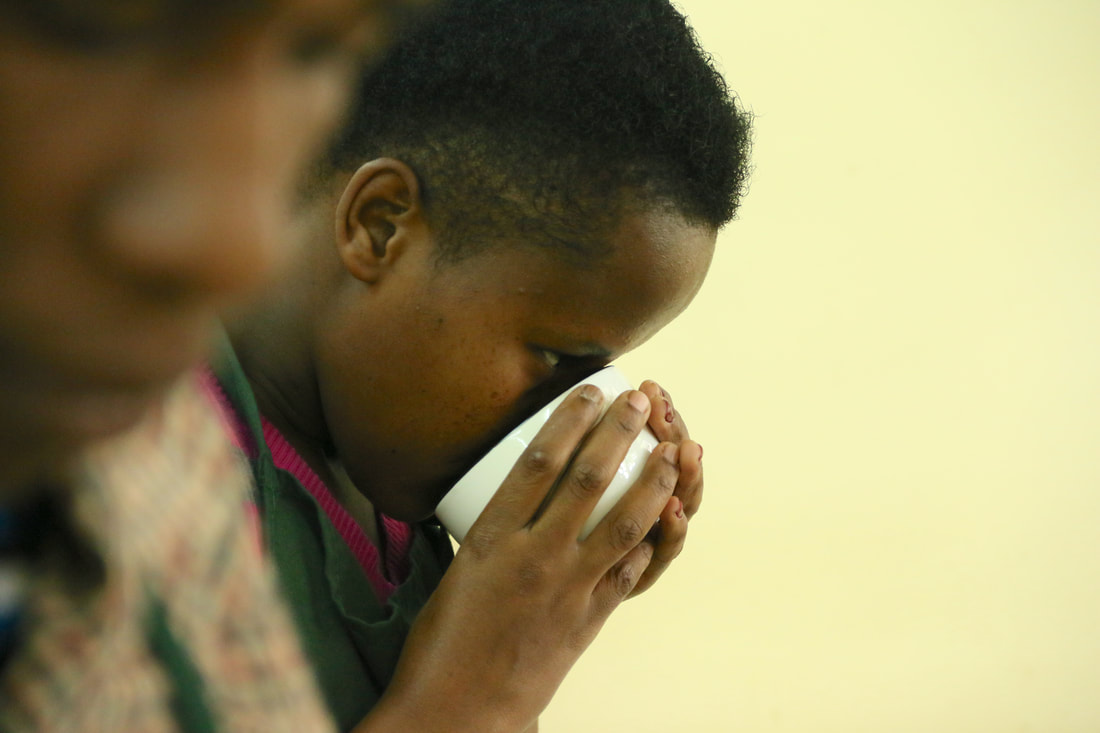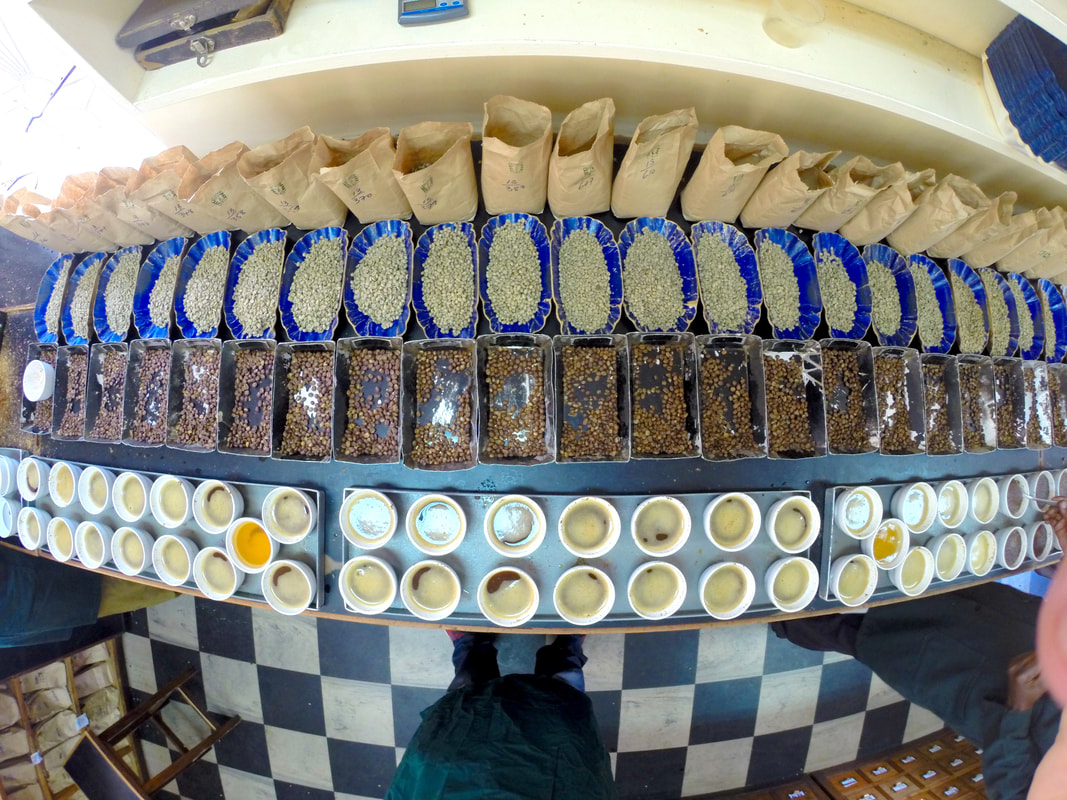Memory is the process through which we obtain, store, retain and access information. Human beings are capable of perceiving reality through experiences, which we classify and store. This process allow us to survive, cause if we were not able to access past experiences to decode the new ones, we would be living each day in a constant chaotic state of wonder, terror, happiness or stress. Memory in simple words, simplifies our life and balances our central nervous system.
- Sensory Memory
- Short Term Memory
- Long Term Memory
Sensory memory is the very first stage and refers to the process of storage of information that we take with our senses from the environment. Unfortunately, most of it can't be processed by our brains, since it lasts for very short periods of time and just a small portion of it is transferred to the second and third stages of memory, short and long term respectively, the rest is quickly forgotten.
Humans are visual creatures, through evolution, this is the sense that we have developed the most. In fact, 90% of the information that we pass to our brain is visual. Perhaps this is the main reason why developing sensory memory through taste and smell is such a difficult task that requires a lot of training and hard work, and even many people are not physiologically capable of achieving it, since they do not have the appropriate sensory receptors to make use of it.
Each human being is unique and unmatched. The composition of our bodies is such that there will never be anyone exactly the same. Although we all have a brain, a heart and two lungs, etc; brains have different capacities, there are healthier hearts than others, and lungs have different sizes, among other differences. In addition to our bodies, the composition of our life experiences is also unique, although we all live more or less the same script (we are born, we grow, we age and then we die), it is in the detail where the difference is found and what transforms us into unique beings.
For evolutionary reasons, our senses of taste and smell have been relegated to a second place. The dominance of vision has caused us to lose the ability to perceive and communicate taste and olfactory sensations. Humans in average have 12 million olfactory receptors, which can detect 10,000 different smells. But we don't all have the same number of receptors, nor do they have the same sensitivity. There are people who can perceive more aromas and flavours than others, and therefore, have a greater potential to communicate and memorize (retain, store and later access) this information or sensations.
In addition to our physiological limitations, our experiences are not the same either. We all live unique lives with experiences that are non-transferable. This is another fundamental aspect in the development of sensory memory. The environment where we live and its culture play a determining role in the way we see the world and what we can absorb from it. Then it’s only through language that we are able to share our experiences and express our emotions.
The environment is the stage, culture is the plot, our senses are the actors and language is the script, of this movie called sensory memory.
As we have already seen in previous posts, memory is a process that allows us to obtain, process, store and access information collected from our environment. And we also know that the possibility of access and communication of such information will be determined by a physiological factor (the unique composition of our bodies) and a cultural factor (the unique composition of our lives).
When we drink coffee, we have what is known as a multisensory experience. A cup of coffee contains a wide range of flavours and aromas, which are affected by many factors such as: the variety of the bean, process, roast profile, method of preparation, etc. Approximately 850 volatile compounds associated with coffee flavour have been identified. However, a small proportion of these (approximately 40 volatile compounds) are known to be the main contributors to the aroma and flavour of coffee.
Aroma is defined as an odour that is detected through the nose and retronasal, and also through the back of the mouth, where the nasal and oral cavities are interconnected. Taste is the sense experienced by the tongue and describes sensations of salinity, sweetness, acidity, bitterness or umami. Flavour is defined as a combination of aroma and taste.
This multi-sensory experience encompasses all the senses to provide the complete coffee experience and allows you to judge the quality and pleasure of the coffee. Drinking a cup of coffee without one of the sensory signals (for example, without feeling the aroma of coffee) will reduce the impact of the other senses, the overall experience and the pleasure derived from a good cup of coffee.





 RSS Feed
RSS Feed